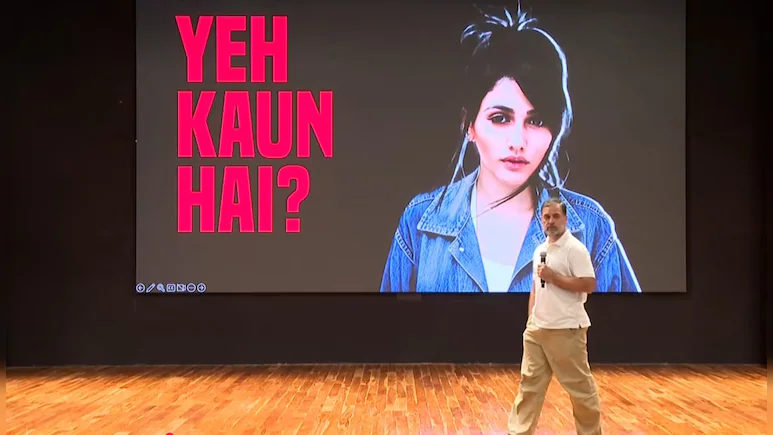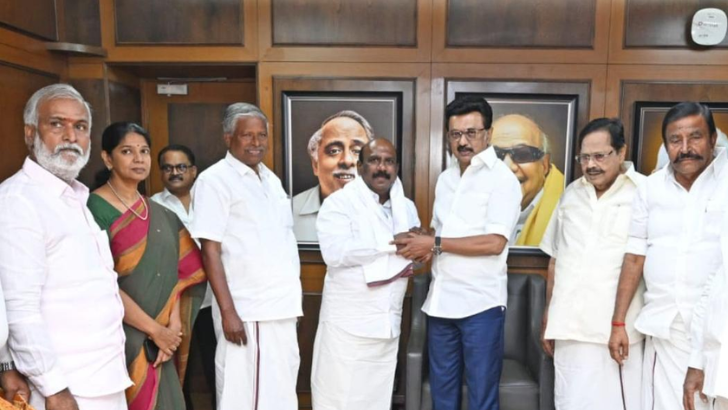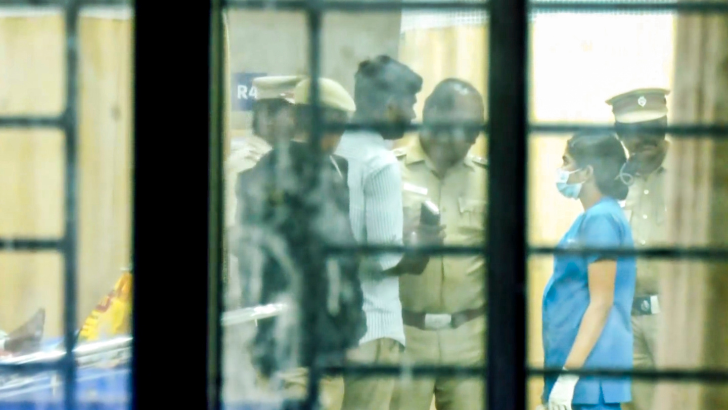Jinnah, Congress & Mountbatten 'culprits' of India's Partition: NCERT
The NCERT's module opens with PM Modi's message announcing the observance of Partition Horrors Remembrance Day.
-
The module notes that Pakistan emerged a problem after Partition. Photo: Pixabay
New Delhi, 16 Aug
A special module released by the NCERT to mark ‘Partition
Horrors Remembrance Day’ has held Muhammad Ali Jinnah, the Congress and then
Viceroy Lord Mountbatten responsible for India's partition.
The module has also noted that post-Partition, Kashmir
emerged as a new problem, which had never existed in India before and created a
challenge for the country's foreign policy.
It has also flagged that some countries keep giving aid to
Pakistan and exert pressure on India in the name of the Kashmir issue.
"India's Partition happened due to wrong ideas. The
party of Indian Muslims, the Muslim League, held a conference in Lahore in
1940. Its leader, Muhammad Ali Jinnah, said that Hindus and Muslims belong to
two different religious philosophies, social customs, and literatures,"
the module said.
In a section titled ‘Culprits of Partition’, the NCERT
module said, "Ultimately, India was divided. But this was not the doing of
any one person. There were three elements responsible for the Partition of
India: Jinnah, who demanded it; second, the Congress, which accepted it; and
third, Mountbatten, who implemented it. But Mountbatten proved to be guilty of
a major blunder."
"He decided the date for the transfer of power from
June 1948 to August 1947. He persuaded everyone to agree to this. Because of
this, complete preparations could not be made before the Partition. The
demarcation of the Partition boundaries was also done hastily. For that, Sir
Cyril Radcliffe was given only five weeks.
In Punjab, even two days after 15 August 1947, millions of
people did not know whether they were in India or in Pakistan. Such haste was a
great act of carelessness," it said.
While the module blames Jinnah, it also quotes him saying he
never thought it would happen or that he would see Pakistan in his lifetime.
"Later, even Jinnah admitted that he had not expected
Partition to happen. He told his aide, 'I never thought it would happen. I
never expected to see Pakistan in my lifetime'," it said.
The NCERT module further quotes Sardar Vallabhbhai Patel as
saying that the situation in India had become explosive. "India had become
a battlefield, and it was better to partition the country than to have a civil
war”.
The NCERT also cites Mahatma Gandhi's stance, noting that he
opposed Partition but would not resist the Congress' decision through violence.
The text states: “He said that he could not be a party to the Partition, but he
would not stop Congress from accepting it with violence".
NCERT has published two separate modules -- one for Classes
6 to 8 (middle stage) and another for Classes 9 to 12 (secondary stage). These
are supplementary resources in English and Hindi, not part of regular
textbooks, and are meant to be used through projects, posters, discussions and
debates.
Quoting the PM’s post on X (formerly Twitter), the book mentions, "Partition's pains can never be forgotten. Millions of our sisters and brothers were displaced, and many lost their lives due to mindless hate and violence. In memory of the struggles and sacrifices of our people, 14th August will be observed as Partition Horrors Remembrance Day."
Leave a Reply
Your email address will not be published. Required fields are marked *








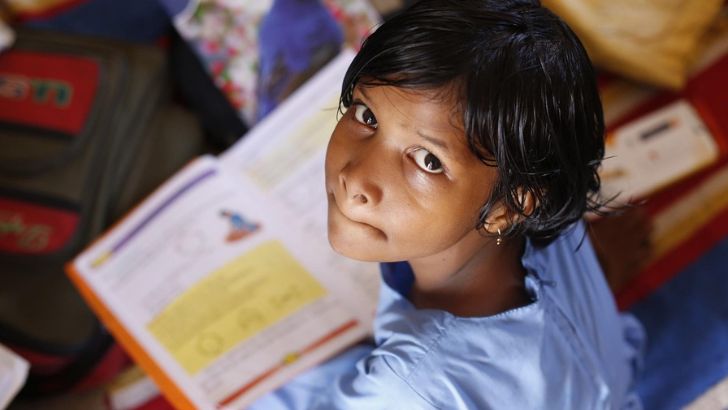

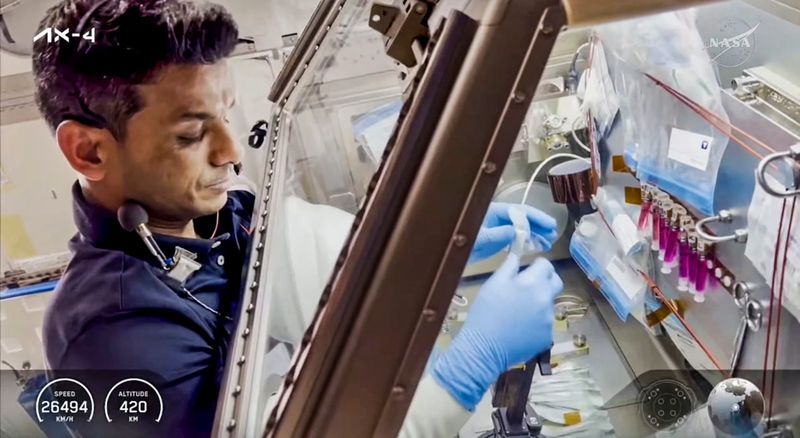
.png)
.png)
.png)
.png)
